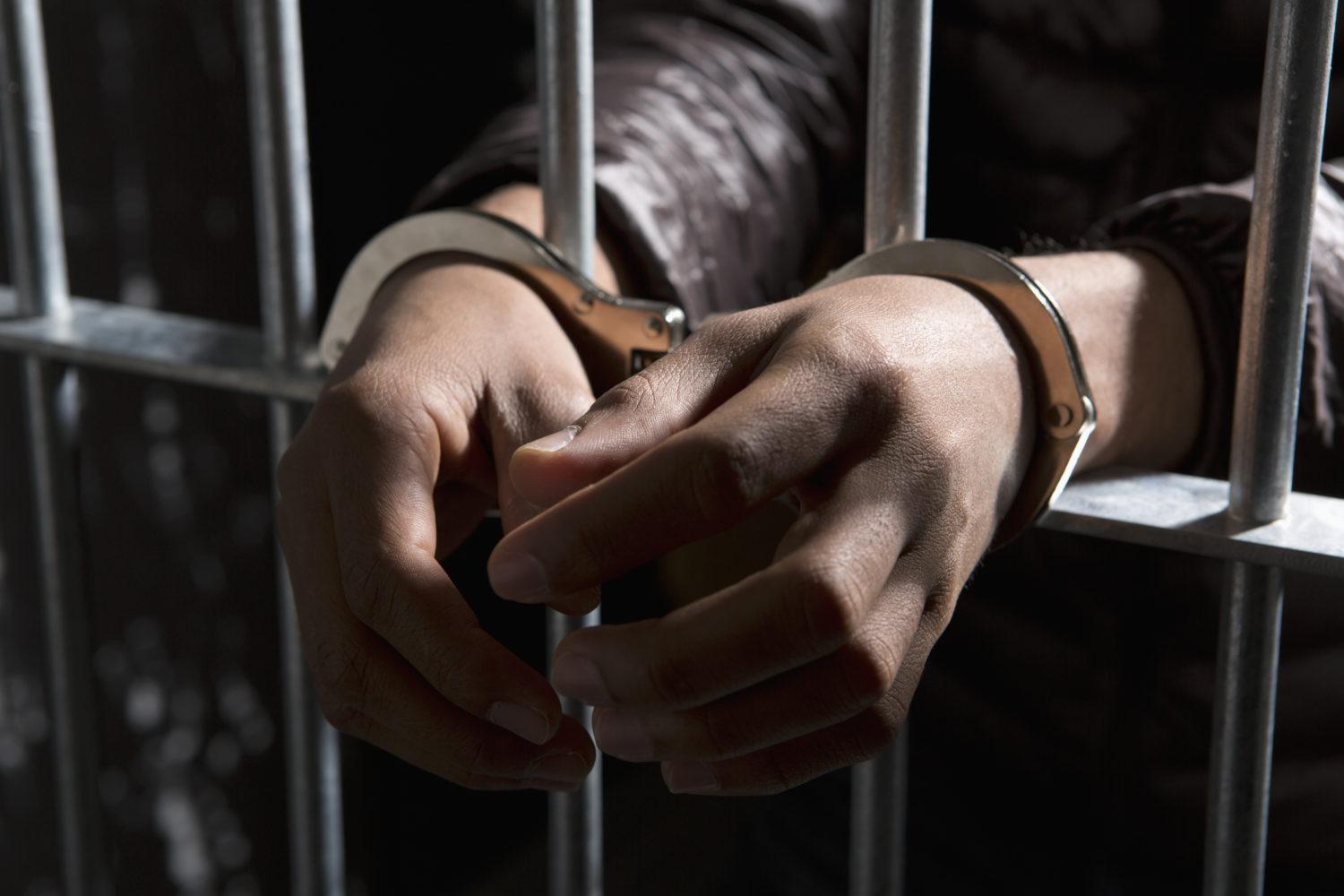As National Prison Strike Continues, Incarcerated People Face Retaliation
Now in its second week, a strike staged by prisoners over poor conditions, low wages, and other issues is resulting in consequences, including harsh conduct reports and placements in solitary confinement.

In April, Jailhouse Lawyers Speak, a group of people incarcerated in South Carolina that organizes for prisoners’ rights, called for a national prison strike to begin on Aug. 21. One of the strikers’ demands was for the rescission of the Prison Litigation Reform Act (PLRA), a 1996 federal law that makes it much more difficult for prisoners to file federal lawsuits regarding conditions of confinement or abuse by prison staff and therefore nearly halved such litigation in the six years after its passage. But before the strike even began, prisoners in several states, including Ohio, reported retaliation and repression because of it.
As this reporter wrote the day the strike started, Imam Siddique Abdullah Hasan was placed in solitary confinement on July 27 after receiving correspondence about the strike. Hasan’s conduct report stated the Ohio Department of Rehabilitation and Correction’s “STG Intelligence Unit have been monitoring communications and social media postings related to planning a nationwide prison strike from August 21 to September 9, 2018.” The report, written by a correction officer, used mail correspondence Hasan received about the strike and Hasan mentioning the national strike while speaking at public events (via the prison’s phones) as evidence of rule violations.
The report listed five rule violations: rioting or causing others to riot, engaging in or encouraging a group demonstration or work stoppage, conducting business operations with any person or entity outside the institution, use of telephone or mail in furtherance of any criminal activity, and violation of rules pertaining to receiving money from unapproved sources (a union wanted to pay Hasan $250 to speak to their members by phone). Central Ohio Incarcerated Workers Organizing Committee (IWOC) told The Appeal that Hasan engaged in a hunger strike to protest the conduct report from July 28 to Aug. 8.
On the same day Hasan ended his hunger strike, Greg Curry, another prisoner at Ohio State Penitentiary, reported that some prisoners in his unit decided to begin a work stoppage due to retaliation from guards. “Meanwhile, the low wage cops [are] harassing us, looking to create problems,” Curry wrote to his supporters via the blog Lucasville Amnesty. “So Enough prisoners that recognized this decided to start protest that include[s] refusing to work!” After a hearing on the conduct report, Hasan was moved to Extended Restrictive Housing Level 3 (where prisoners are held in their cells for 22 or more hours a day for at least 30 days) and had his phone privileges taken away for a year, according to Central Ohio IWOC.
Since the national prison strike began, Central Ohio IWOC announced that there are at least two prisoners on hunger strike at the Toledo Correctional Institution in Ohio: James Ward and David Easley. Ward and Easley are protesting abuse, communication restrictions, and lack of mental health treatment. The Ohio Department of Rehabilitation and Correction did not respond to a request for comment.
Some prisoners in Ohio have come to expect retaliation. The Appeal spoke by phone with a man in a minimum-security Ohio prison who asked to be identified only by his nickname, “Fridge.” “Intimidation, threats all of that is coming down the pipe, without a doubt, for even discussing [the strike],” he explained. Fridge also said Ohio prisoners are still reeling from a protest several years ago when they demonstrated against the state parole board’s inaction on parole, pardons, and commutations. Ohio’s parole rate declined from 48.5 percent in 2004 to 15.93 percent in 2017. “Here in the state of Ohio, the parole board pretty much has complete autonomy and no oversight whatsoever,” Fridge told The Appeal. “The brothers were pretty much fed up because you know a lot of guys sitting around here rotting—30, 40 years. The brothers tried to make a statement by saying we ain’t participating [in parole hearings] … it was a desperate plea for help.” Those who participated in the parole hearing boycott were sent to the Southern Ohio Correctional Facility, a maximum security prison, according to Fridge.
Prior to the Aug. 21 strike, however, Ohio prisoners in IWOC released a set of 18 demands to the Ohio Department of Rehabilitation and Correction (ODRC). They called for ending long-term solitary confinement; paying prisoners no less than the minimum wage for their labor; the immediate release of all inmates sentenced before they were 18 years old; the release of “old-law” prisoners (meaning they were sentenced before 1996’s “Truth in Sentencing” law, which required judges to issue “flat sentences” for a specific number of years) who have completed their minimum sentence; reducing exorbitant commissary prices; allowing prisoners to participate in on-camera media interviews; and firing and criminally indicting correctional officers who physically abuse prisoners when they are restrained.
The demands also included rights for non-incarcerated citizens, including a demand that the minimum wage in Ohio be raised to $15 by 2020. “Improving wages and working people’s lives on the outside,” the prisoners said, “is interconnected with prisoners’ struggle because such improvements will protect many people from either entering or re-entering the prison system.”
